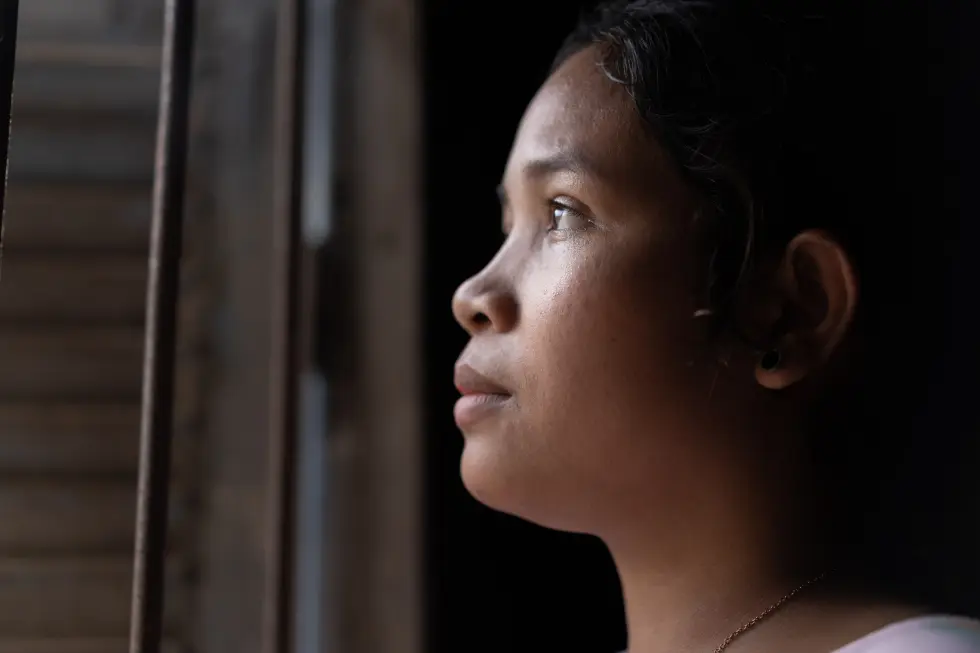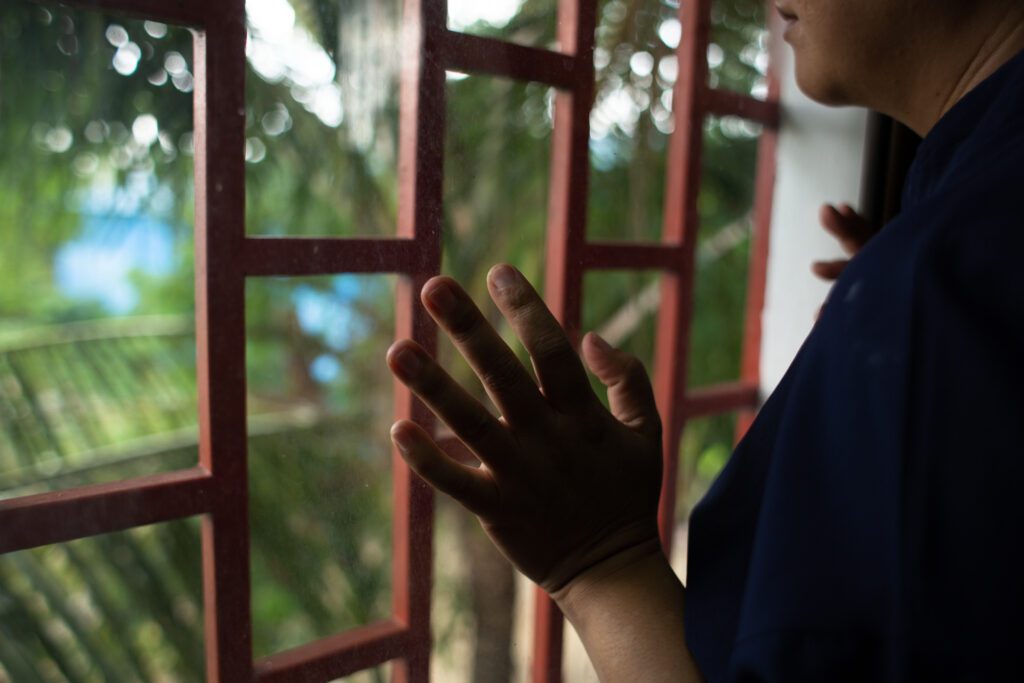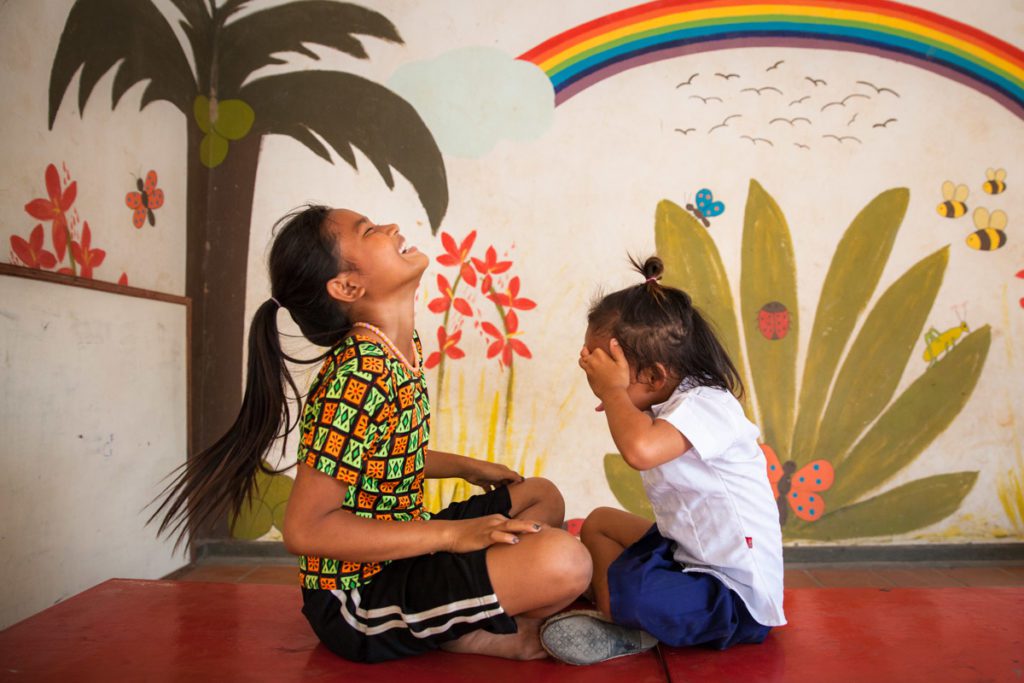Human Trafficking

No country or region of the world is immune. In fact, human trafficking occurs in every country of the world, including your own. It is deeply embedded in our global supply chains and has infiltrated various industries including clothing production, mining, and farming.
In general, human trafficking refers to situations where people are exploited and cannot escape due to threats, violence, coercion, deception, or abuse of authority.
Human trafficking often begins with an offer a person cannot refuse, like a good job or the chance to get married and create an independent life. But instead of what was promised, they find themselves trafficked and exploited.
Most victims (71%) are women and girls, according to global estimates. The most common forms of human trafficking are commercial sexual exploitation, forced labor, forced scamming, and forced marriage (including child marriage.)

Human trafficking is defined by the United Nations Office on Drugs and Crime (UNODC) as:
“The recruitment, transportation, transfer, harbouring or receipt of people through force, fraud or deception, with the aim of exploiting them for profit.”
The trafficker must do one of the following to people:
Recruit
Transport
Transfer
Harbor
Receive
Threats or use of force
Coercion
Fraud
Deception
Abuse of a position of vulnerability
Giving payments or benefits
Abduction
For exploitation
Victims are forced to work without pay or with an inadequate salary, living in fear of violence and often in inhumane conditions.
Human trafficking and exploitation is one of the fastest-growing criminal industries in the world that generates more than $150 billion USD a year.
Vulnerable communities are disproportionately affected by human trafficking. Impoverished families, internally displaced people, individuals living in high-conflict areas, and those affected by climate change are particularly vulnerable to traffickers and human trafficking.
Inadequate support systems for survivors contribute to the endless cycle of human trafficking and abuse.
Victims of human trafficking often suffer from deep psychological, emotional, and physical scars. But fewer than 1 in 10 of trafficking survivors are rescued and receive support. Without effective intervention, survivors face a heightened risk of re-exploitation and remain vulnerable to human trafficking. This perpetuates the cycle of trauma and despair.
Hagar is an international organization on a mission to prevent human trafficking and help survivors rebuild their lives.
We walk the whole journey of restoration with each survivor, doing whatever it takes for as long as it takes to restore life and dignity.
At Hagar, we are committed to providing each survivor we meet with the care and resources they need to overcome trauma and forge healthy and free futures.

Today, 50 million people globally are trafficked and enslaved. That’s one in every 150 people in the world!
You can help break the cycle of exploitation. Equip yourself with the knowledge and tools to prevent human trafficking and help survivors heal and rebuild their lives.













